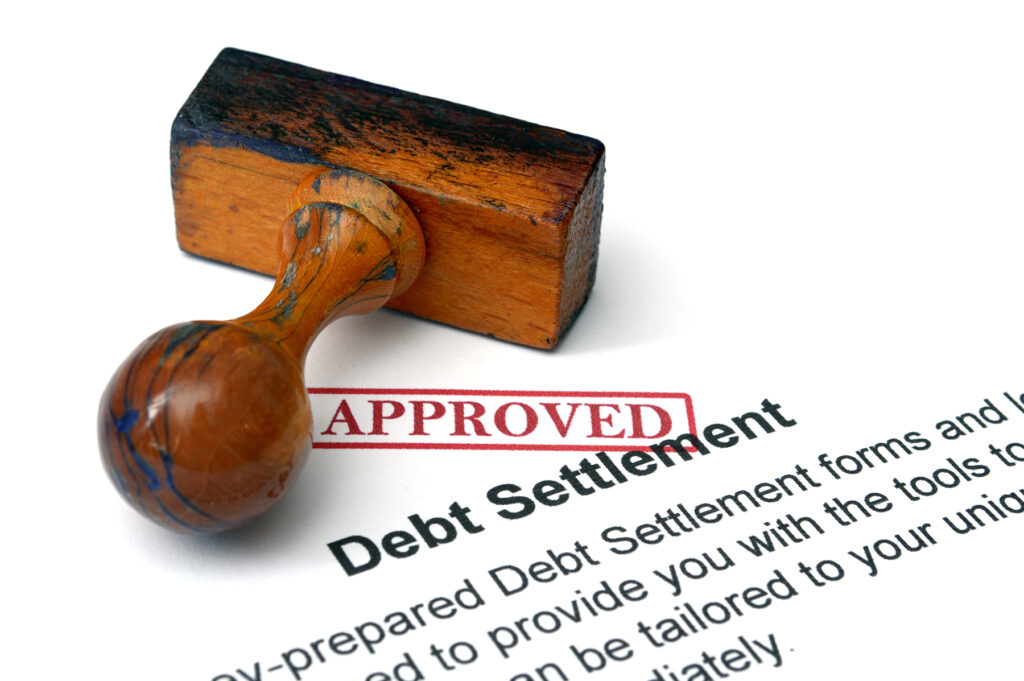Explaing Judgement & Collections, Legal / Laws
Can You Still Negotiate After Judgment?
A judgment is the court’s final decision in a civil case involving one party making a monetary claim against another. It establishes liability or damages and the amount of money the judgment debtor (defendant) owes the judgment creditor (plaintiff). But can you still negotiate after judgment?
However, winning a civil judgment for monetary damages does not guarantee payment. While some judgment debtors pay their debts voluntarily, some forget, and others may not have enough money to clear the debt. In contrast, others may refuse to pay. When a defendant fails to pay, the creditor can use enforcement options, including wage garnishment, bank levy, or putting a lien on real property to try and recover their money. The question is, can you still negotiate after judgment?
What happens after a judgment?
A judgment helps turn a previously uncollectible credit account into a readily collectible amount. It allows creditors to use various enforcement options such as wage garnishment, bank levies, writ of execution, tax intercept, and property lien to recoup their debts.
However, before a creditor enforces these methods, the debtor has the options to:
- Pay off the debt or negotiate better terms: The debtors can pay it in full if they have the money. If not, they can contact the creditor to negotiate better terms. For example, they can arrange to pay a reduced amount or make a repayment arrangement that works for both parties.
Suppose a judgment creditor receives a reasonable offer to pay. In that case, they will likely stop a lien, levy, wage attachment, or garnishment suit because these enforcement options are usually time-consuming and burdensome. It also costs money. For example, seizing a car will likely involve incurring the extra expense of hiring a towing service and, in some jurisdictions, paying for 30 days of bonded storage.
- Apply to the court to repay the debt in installments: The debtor can present a request to the court to put in place an affordable repayment arrangement that allows them to refund the amount in a reasonable time. If the court grants the request, then both parties abide by it.
- File for bankruptcy or claim the property as exempt: The debtor will likely file for bankruptcy or seek to exempt some assets. Once they file for bankruptcy, the creditor has to stop all collection efforts. And, if the debtor manages to get adequate asset protection, the creditor will have to evaluate whether it is worth their time, expense, and risk to try to undo and pierce the asset protection structure. These actions reduce the probability that the creditor will be able to recoup their money.
Can you still ?
The answer is yes. A civil claim for damages or monetary claims remains open for negotiation, whether before or after the judgment is rendered. Most creditors are open to negotiating after a decision to increase the likelihood of getting money back with the least hassle. A creditor will benefit from not having to chase down a debtor’s assets and avoiding the possibility that their income and property are exempt from seizure.
On the other hand, a debtor would rather negotiate to avoid having an adverse credit history due to default on repayments, wage garnishments, bankruptcies, and repossessions, among others. Such occurrences negatively affect an individual’s credit score, eventually affecting the interest they pay on loans and the amounts they qualify for.
There is no limit to what parties can negotiate. However, common negotiation types include the debtor:
- Offering to pay a lump sum amount at an agreed date in the future;
- Negotiating to pay an amount less than the judgment debt as a lump sum immediately;
- Making large installment payments on agreed dates;
- Making smaller installment payments over a more extended period or
- Offering to pay the principal debt without any added interest or
- Negotiating the transfer of property instead of money.
Whatever is agreed upon should be put in writing and signed by both parties—commonly referred to as a Deed of Settlement and Release. The agreement should be specific and include the installment amounts, dates, and how payments will be made, i.e., whether through cheques, direct debits, or cash.
How long does a judgment last?
How long a judgment lasts varies depending on the state. For example, a decision is valid for ten years under Californian Law. After this period, it will automatically expire. In some other states, a civil judgment is enforceable for 20 years, after which the judgment creditor cannot legally take any action to enforce or collect on the original decision. However, while a judgment is still valid, a creditor can seek to have the court extend or renew the period.
Final Thoughts
Many creditors prefer to negotiate with a debtor instead of going through the hassle of debt collection through the available enforcement options, which may not often amount to anything. For example, suppose a creditor tries to garnish wages, and the judgment debtor files a claim for head of household exemption. In that case, the garnish may be dissolved after a hearing. Thus, most creditors are happy to negotiate rather than risk getting an uncollectible judgment.
Trying to enforce a judgment can be a futile process. However, as a creditor, you can opt to sell your judgment to reputable debt collection agencies to ensure that you recover your money. Such agencies are better equipped to negotiate terms with judgment debtors and have the resources to make a proper follow-up to ensure that they stick to their agreement, providing a stress-free way to collect judgments.
About Author
Comments are closed








